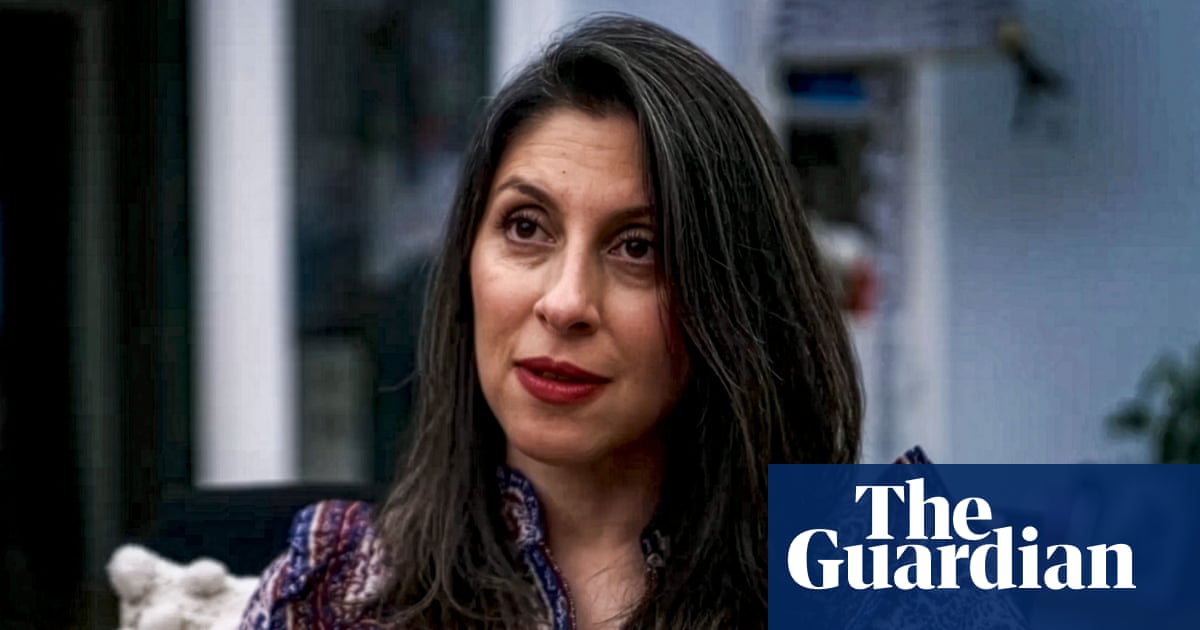How fascinatingly horrible were the Murdaugh family? Very, according to how much true-crime content they’ve generated. There’s already been a hit podcast about them, untangling a narrative that began in enviable luxury and ended with a sordid double murder. There’s already been a TV documentary. Now the Murdaughs complete the set with Murdaugh: Death in the Family, the plush fictionalised drama retelling the same awful tale.
At its heart is a trio of strong performances, primed for awards season. Jason Clarke – also currently excellent as a different kind of alpha male in The Last Frontier on Apple TV+ – is Richard Alexander “Alex” Murdaugh, a powerhouse personal injury attorney and member of a South Carolina dynasty whose men have been the biggest beasts in the courtroom for generations. Over the years, the Murdaughs – their name looks like “murder” but is pronounced “Murdoch” – have built up a network of acolytes who owe them a living or a favour. Their legal acumen and wealth, combined with a gangster-ish propensity for exploitation and bullying, give them a level of impunity that Alex blithely pushes to its limit. Patricia Arquette is Alex’s wife Maggie, who worries that both his philandering and his opioid addiction have returned – and on the second point at least, she is correct.
Edging out his more established co-stars to deliver the best characterisation of all is Johnny Berchtold as Alex and Maggie’s son, Paul, who is only just reaching the end of his teens but already looks irretrievable. An alcoholic whose beer-chugging has a desperate mania about it, Paul is infuriated by his father’s dismissive labelling of him as the family screw-up, an insult to which he habitually reacts by proving Pops right.

Paul is almost catatonic with drunken self-hatred as, in 2019, he takes some friends out on a speedboat at night, ignoring their fearful screams as the craft goes faster. It hits a bridge, killing one of the group. As Alex tries to ensure Paul gets away with it, Maggie sees her son’s guilt slowly turn to psychosis, and local news reporter Mandy Matney (Brittany Snow, playing the real journalist whose podcast inspired this drama) kicks back against the media’s unwillingness to take on the Murdaughs, the clan’s fragile armour begins to fracture.
As a psychoanalysis of a family where every relationship has been poisoned by the cruelty of the patriarch and further corroded by power and money, Death in the Family is thorough. Whether it’s a meeting with an impoverished immigrant family hoping for a life-changing compensation payout, a family dinner on a Bahamas holiday, or a staring match against the bathroom mirror, any interaction a Murdaugh participates in is a lie, a shakedown, or a display of dominance. The portrait of a certain stripe of white, southern capitalist, their folksy straight-talking barely concealing that every fight they’ve ever won has been rigged, is unsparing. As is the depiction of the American civil law system as a game where aggressive negotiating and dodgy insurance claims turn life, loss and happiness into commodities – all anyone cares about is the size of the settlement figure. It is obscene, even before Alex starts swindling his clients out of their cash.
The issue for Death in the Family as a drama is why viewers would want to put themselves through it. Eight long episodes loom, promising a more extensive examination of, or speculation about, every aspect of the Murdaughs’ cursed lives than a documentary would offer. Alex and Maggie’s marriage is rotten, their parenting is rotten, their son’s soul is rotten. Their business empire is a rotten edifice of bribes and shady accounting. By the time the show starts hinting at a bad outcome for devout housekeeper Gloria (Kathleen Wilhoite), whose status as a beloved unofficial family member does not mean that the Murdaughs do anything to lift her out of exhausting poverty, you may wish to spiral downwards with them no further: the cocktail of disgust, schadenfreude and sadness becomes bitter.
Arquette is the show’s heart, as much as it has one, as the woman who has married into all this and who can’t be the loving wife and fierce mother she wants to be because the Murdaugh menfolk can’t accommodate that. But it’s hard to place her: she’s too aware of her situation to be a tragically deluded victim, and too powerless to qualify as a co-conspirator we can despise. The Murdaughs are atrocious in so many different ways, it’s difficult to maintain a useful understanding of all of them at once. However well made and performed Death in the Family is, it prompts the same question as so much other true-crime telly: why am I making myself watch?

.png) 1 month ago
48
1 month ago
48

















































